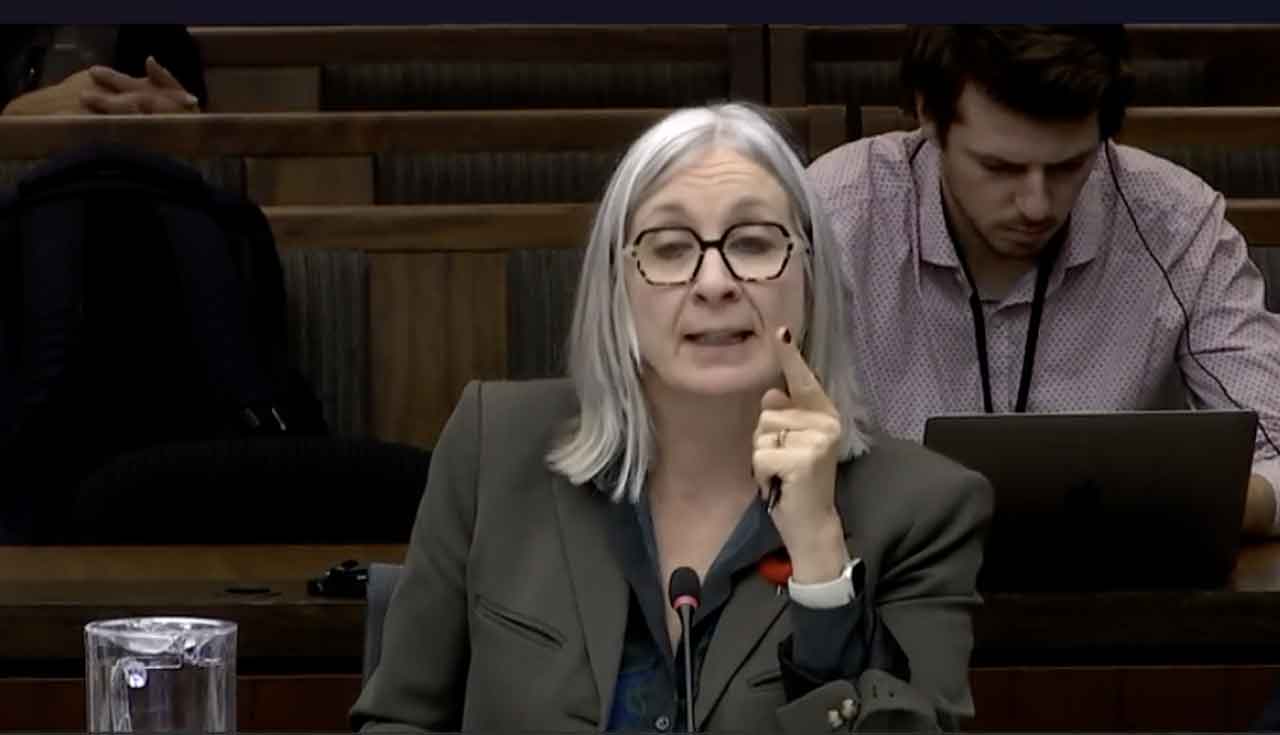THUNDER BAY – VIEWPOINT – Jordan’s Principle is a vital Canadian policy designed to ensure First Nations children receive equal access to health, social, and educational services. Rooted in a tragic story and mandated by court rulings, it promises no child should face delays or denials of essential services due to jurisdictional disputes between federal and provincial governments. Yet, despite years of commitments and billions in funding, the system continues to struggle, with over 140,000 applications backlogged, leaving families waiting for critical support.
The Principle’s Origins and Purpose
Jordan’s Principle is named after Jordan River Anderson, a First Nations child from Manitoba who died in hospital after bureaucratic disputes over funding delayed his care. His story became a rallying cry for change, and in 2007, the House of Commons unanimously passed Jordan’s Principle to ensure no other child would face a similar fate.
Under Jordan’s Principle, the government is required to fund services immediately when a First Nations child needs them, resolving jurisdictional disputes later. The principle applies to all public services, including health care, education, and social support, addressing gaps created by systemic inequities.
Delays and Backlogs: A System in Crisis
Despite the significant investments touted by Minister of Indigenous Services Patty Hajdu—$8.8 billion since 2016 and over 8.2 million approved services—serious systemic problems remain.
The backlog of 140,000 applications highlights inefficiencies in processing requests and delivering promised services. Families are often left navigating opaque bureaucracies, waiting months or even years for responses to urgent needs.
Within the bureaucracy, it often appears to Indigenous people that no one really knows what is going on. Specific programs that are supposed to by covered financially under Jordan’s Principle are often answered by more confusion with the program providers. It is almost as if the left hand is not sure what the right hand is doing. Meanwhile the children are being left in the middle ground with no coverage.
For children and families, these delays have real-world consequences. Access to health care, specialized education, and support services is critical to addressing the longstanding disparities faced by First Nations communities. The backlog undermines the very essence of Jordan’s Principle, forcing families into situations where they must advocate tirelessly for services that should be guaranteed.
Government Commitment Versus Legal Challenges
Prime Minister Justin Trudeau has repeatedly stated that his government’s “most important relationship is with Indigenous people,” emphasizing reconciliation and equity. Yet, the government’s actions on Jordan’s Principle, let alone on solving long standing problems with fresh drinking water that is safe for both drinking and bathing has left communities like Marten Falls with an 18 year long boil water advisory. Neskantaga has been left with a water treatment plant that for almost 30 years has been leaving the community dealing with either evacuations, boil water orders, or bottled water.
The Liberal Government under Justin Trudeau tells a different story that the lofty rhetoric.
With Jordan’s Principle, rather than focusing solely on clearing the backlog and improving access, the government continues to contest aspects of its obligations in court.
On December 20, 2024, Minister Hajdu announced that the government had filed a notice of application for judicial review of the Canadian Human Rights Tribunal’s (CHRT) summary ruling on Jordan’s Principle. While the government has requested a pause on the judicial review to await further clarification from the Tribunal, the move has raised concerns about its commitment to honoring Jordan’s Principle without legal battles.
Impact on Indigenous Families
The delays and legal challenges exacerbate hardships for Indigenous families already facing systemic inequities. Children with urgent health conditions or specialized educational needs are often left without timely support, placing immense stress on families and communities.
Parents and guardians are left wondering why a program intended to ensure immediate access is mired in delays, inconsistent documentation requirements, and bureaucratic hurdles. For many, the government’s focus on legal disputes appears to contradict its commitment to reconciliation and justice.
The Path Forward
To restore trust and fulfill its obligations under Jordan’s Principle, the federal government must prioritize clearing the backlog of applications and improving transparency and consistency in the process. This requires:
- Streamlining Documentation Requirements: Ensuring families know what is needed and reducing bureaucratic barriers.
- Increasing Staffing and Resources: Expanding teams at regional and national levels to handle the growing volume of applications.
- Strengthening Communication: Keeping families informed about the status of their applications and expected timelines.
- Resolving Legal Issues Outside of Court: Avoiding prolonged legal battles and focusing on solutions through consultations and collaboration with Indigenous communities.
Jordan’s Principle was meant to end the injustices Jordan River Anderson endured, not perpetuate them in another form. The government must act decisively to fulfill its promises and ensure no child is left waiting for the care they need.

Full Statement by Minister Patty Hajdu
“Since 2016, nearly $8.8 billion has been announced for Jordan’s Principle to meet health, social, and education needs of First Nations children, taking into account their distinct circumstances, needs and experiences. More than 8.2 million products, services and supports have been approved under Jordan’s Principle since 2016.
We have worked to develop operations to meet the growing volume of requests. We are reviewing our processes at regional and national levels to be more consistent and clearer on the required documentation and the services First Nations children can access through Jordan’s Principle.
On November 21, 2024, the Canadian Human Rights Tribunal (CHRT) issued a summary ruling with reasons to follow related to the non-compliance motion and cross-motion on the implementation of Jordan’s Principle.
We submitted a response to the Tribunal on December 10, 2024. As outlined in our response, we are ready and willing to begin Tribunal-mediated consultations regarding Jordan’s Principle.
However, there are important legal issues around some aspects of the summary ruling. In order to make sure these can be properly resolved, on December 20, 2024, we filed a notice of application for judicial review with the Federal Court of the Tribunal’s decision. We have also requested an abeyance, or pause, on the judicial review, while we await the full reasons to come from the Tribunal.
We will continue in our work to implement Jordan’s Principle. Parents, guardians and communities should continue to submit requests to Jordan’s Principle for First Nations children.
We will continue this important work so that First Nations children can have equal access to public services they need.”







